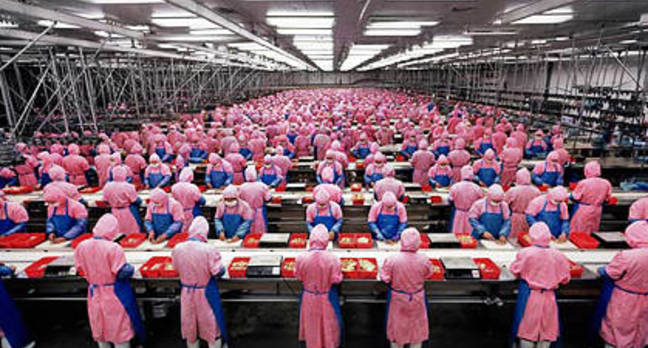Public Books has an interview with Judy Wajcman, a sociologist at the London School of Economics and author of the new book Pressed for Time: The Acceleration of Life in Digital Capitalism. Wajcman discusses how digital technology promises time-saving efficiency but actually creates more work, and how the valorization of “busyness” makes us easily exploitable workers. An excerpt:
Neta Alexander : By theorizing what you call “the time-pressure paradox,” you challenge the notion that the pace of life is indeed faster than it used to be. You use statistics, time-use surveys conducted in the past six decades, and your own fieldwork in Australia and Britain to show that there exists an unrecognizable gap between work hours—which have remained surprisingly constant since the 1960s—and the feeling of constant pressure and lack of time. Why did this gap emerge?
Judy Wajcman: To truly understand this gap we must historicize our conception of “time.” With industrial capitalism, for the first time workers get employed and paid based on their labor time. Franklin’s equation of time with money means that your value is measured by how many hours you are capable of working. In Marxist theory, this is when work becomes commodified.
Marx talks about two ways to extract more work from laborers: one is by lengthening or exceeding the workday and forcing them to work more hours; the other is “the intensification of work”—getting people to work harder during the same period of time to increase productivity. A lot of the new mobile technologies follow this logic of intensification by enabling people to multitask on different projects, and to work during what was once known as “dead time”—while commuting, waiting for the dentist, or flying to a conference. The workplace is now expanded to everywhere, which is why we always feel “pressed” even when we spend fewer hours in the office.
It’s also important to note that different things are going on with different groups of people. Some are working long hours and are under a lot of strain and it has less to do with technology than a new performance regime in which our work is measured in ways it was never measured before. Take universities, for example: there are more students and fewer teachers; more adjuncts and fewer tenure-track positions; more forms of surveillance—a whole set of new managerial practices that intensify the work process.
Meanwhile, our expectations of what the “Good Life” should consist of have radically changed in the past few decades. We now attribute value to “busyness” and multitasking; we feel busy because we want to squeeze as much as possible into as little time as possible. In order to change these feelings we first need to redefine our cultural values. It simply won’t be enough to put the technology aside or develop iPhone applications meant to help us meditate or “slow down.”
Image: An iPhone assembly line. Via The Register.
